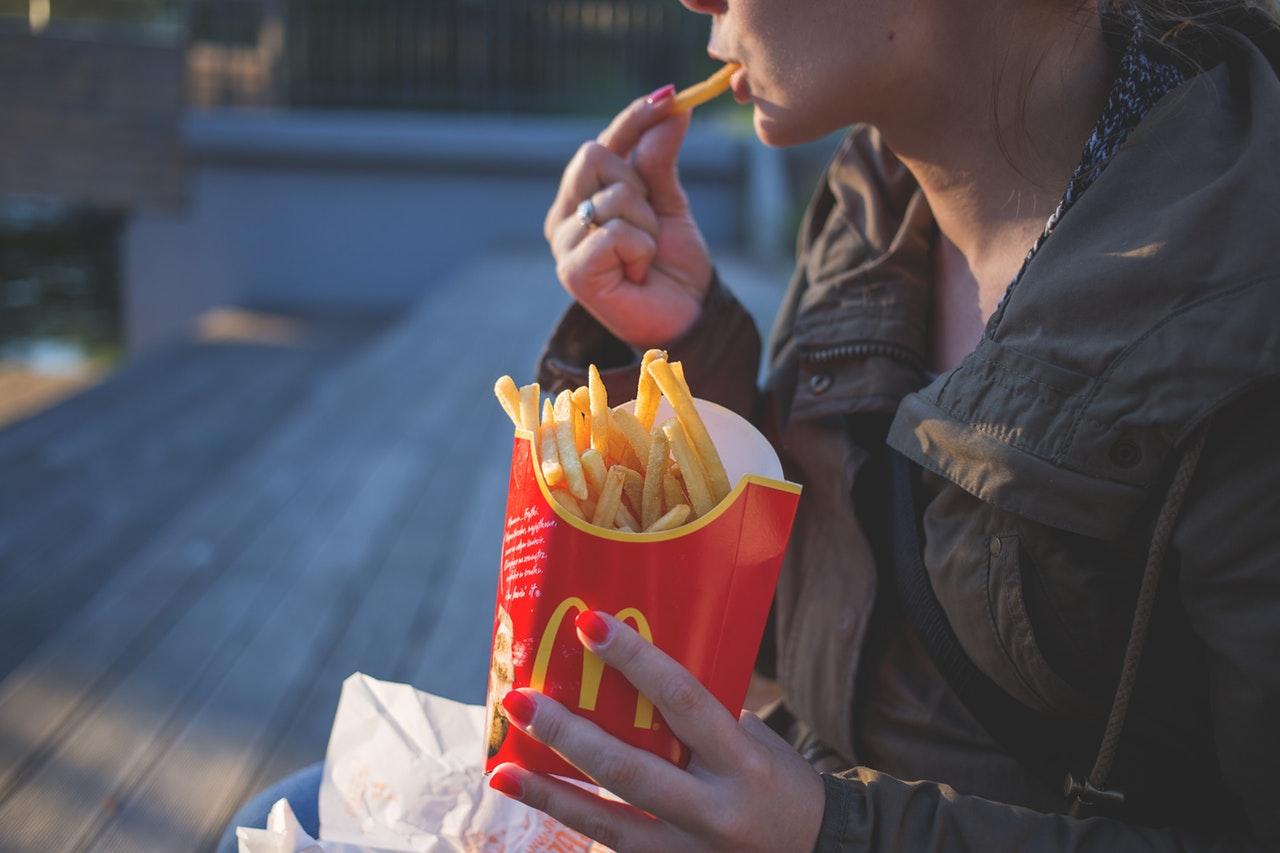McDonald's Promises 100% Renewable Packaging By 2025
By 2025, McDonald's will only be using packaging from recycled or renewable material and all of their stores will be fully recycling their products. This expands on previous environmental goals of sustainable beef and removing foam packaging.
Updated May 25 2019, 9:57 p.m. ET
McDonald’s is going to up their sustainable program over the next seven years by converting all of their packaging to renewable materials. The fast food giant announced on Tuesday their ecosystem would only bring in products that are recycled and all restaurants would fully recycle by 2025. The move comes at a time when more customers are demanding sustainable actions from the burger chain.
At the moment, 50 percent of customer packaging comes from recycled products and renewable sources, and only 10 percent of their restaurants are even recycling. McDonald’s plans to achieve these lofty goals by working with environmental groups to create better packaging, establishing relationships with recycling programs, and creating more awareness with both customers and employees.
It’s no surprise to see McDonald’s take action as they’ve worked on other sustainable solutions in the past. In 2012, the burger chain committed to remove deforestation from its beef supply chain and to bring in 85 percent of their beef from sustainable suppliers by 2020. Other goals by that time include sourcing 100 percent of their coffee, palm oil, and fish sustainably. Foam packaging is expected to be phased out by the end of this year.
“As the world’s largest restaurant company, we have a responsibility to use our scale for good to make changes that will have a meaningful impact across the globe,” Francesca DeBiase, McDonald’s Chief Supply Chain and Sustainability Officer said in a press release.
“Our ambition is to make changes our customers want and to use less packaging, sourced responsibly and designed to be taken care of after use, working at and beyond our restaurants to increase recycling and help create cleaner communities.”
McDonald’s efforts to tackle excess pollution goes all the way back to 25 years ago, where they removed and recycled tons of packaging from their production after becoming a partner with the Environmental Defense Fund. They reduced waste by 30 percent in the next decade. The burger chain is also in collaboration with the World Wildlife Fund as of 2014.
“Today’s announcement demonstrates McDonald’s strong leadership in developing packaging and recycling solutions at a scale that can extend the life of our natural resources and push its industry toward more sustainable practices,” Sheila Bonini, SVP of private sector engagement at the WWF, told USA Today.
McDonald’s has had to tackle a number of issues in the past, including obesity and animal treatment. They’ve responded well to those problems and has set another promising goal to improve their environmental impact. We’ll see if it’s enough to win over customers that have been clamoring for change.
